Having an urban homestead does not have to do with owning acres and acres of land. We are lucky enough to have an acre of land. My very first apple tree in my future “orchard” of three apple trees is bearing its first batch of crab apples – and I am absolutely thrilled!
Here are the six key elements to an urban homestead mentality and the small steps we have taken to move along that path.
1. Moving from Fast to Slow Fashion
I was absolutely gobsmacked when I read that the average piece of “fast fashion” clothing is only worn four times before ending up in the trash! Perhaps because it is poorly made and doesn’t wear well, or perhaps it is the fashion mentality that clothing becomes so dated in a very short period of time that it is unwearable. There is a lack of guilt in throwing away these pieces because they are generally very inexpensive. Why? Poor manufacturing standards, poor quality materials and, as is often the case, child labour or poverty-level wages paid to workers. The move to slow fashion involves owning fewer pieces of clothing but they are pieces that are classic, high quality and that you absolutely love to wear! I still have mittens and a toque that my mom knit for me when I was in my 20’s….and that was more than a few years ago.
2. Learning the Old Ways
Who took up bread making and/or baking during these past few months? A lot of folks sure did because the grocery stores were sold out of flour and yeast! I’ve been baking bread for a few years now and love the hearty flavour and texture. Plus who can resist that aroma? I’ll admit – I do use a bread maker to start the process when life becomes particularly busy, but I’ll always finish the loaf in the oven. If time permits, I love to knead bread. You sure can work out a lot of frustrations on that dough ball! There are so many “old ways” that I wish I had paid attention when my mom and grandmother were canning and making jam. A new skill set that I plan to learn in the next couple of years. My grandmother, however, did teach me how to knit and tat.
There are so many easy things we can do to respect the land! I don’t mind at all if my lawn has some dandelions and clover. The bees love it – and I don’t need to waste the time and energy applying a chemical weed killer. It’s also healthier for your lawn if you don’t mow it quite so frequently. It won’t require as much watering and, if your summer is as hot as our summer has been, you can avoid having your grass get a “sunburn”.
One of the items we created for our “Ewe Love” line of personal care products is “Wooly Wash”. When we moved from town with city water and sewer to the country where we have well water and a septic system, I know I became so much more aware of what was going down the drain. I sure didn’t want to be drinking all sorts of chemicals that might leach into the well water. Wooly Wash is made with 100% natural ingredients and is safe for both hand washables and for use in an HE washing machine. We now use white vinegar for the rinse cycle. It not only works beautifully, but it is far better for your washing machine than most fabric softeners. In fact, it is recommended that you clean your washing machine with white vinegar so it’s certainly safe as a rinse agent.
As wonderful for the environment as it would be if we all drove electric cars or could even bicycle everywhere, that is not always affordable or practical in our Canadian climate. I would love to be able to afford solar panels to provide all of our heat and electricity. But, in the meantime, I can turn down the heat by a few degrees and throw on a wool sweater.
A friend of mine is a farmer, raising goats among other things. She makes all sorts of cosmetic items including shampoo bars. She gave me a sample and I love it! A gentle cleanse for your hair, great lather and also it’s zero waste. No plastic bottle. And to boot – it’s great if you are travelling. No leakage! I loved it so much that I now carry her shampoo bars in the studio and it’s also available through our web store.
5. Supporting the Local Economy
Local can mean many things, depending on what you need. Much of our food items can be purchased at local farmers’ markets – and especially if we shop for food items that are in season. A local restaurant, The Table in New London, prides itself on serving only food that can be sourced within 10 minutes of the restaurant. Here on the Island, we are blessed to have so many talented artisans – potters, jewellers, artists, fibre artists. It makes it so easy to adorn yourself and decorate your house with locally made goods that are also superb quality! Shopping locally can also mean within the borders of your own country. When N95 masks became impossible to purchase, when hand sanitizer became more precious than diamonds, many Canadian manufacturers (both large and small) transitioned their production lines to make what their friends and neighbours needed. Supporting the local economy results in greater self-sufficiency, which means we are less impacted by the dips and turns in other economic regions.
Here’s where I have the most fun. Knitting is either seen as a skill that is passé – something your granny or great-granny did, making sweaters and scarves out of the scratchiest wool imaginable. Or it is seen as a skill that is just way to difficult and confusing. Neither is the case! Wool has come such a long way. Much of the itch factor depends on the breed of sheep, on how it is processed and spun, and even on the dye used! Ask questions at your local yarn shop. You’ll be sure to find a wool that is right for you.
Knitting itself is not difficult – it’s just learning the tips and tricks! There are really only 2 stitches – the knit stitch and the purl stitch. Everything else is simply a variation of that theme. At Knit Pickers PEI, we have a variety of workshops for all levels of knitters – loom knitting workshops for novice knitters or for knitters who would like to try out a new knitting tool; lace knitting workshops; brioche knitting workshops and even sock knitting workshops! Can’t attend a workshop? Check out our YouTube channel where we are slowly but surely building a library of knitting tutorials. Do you live in the neighbourhood? Why not come to our “Ewe Love to Knit” nights – every Tuesday evening (weather permitting) from 7 – 9 p.m. There is nothing that makes my heart sing quite as loud as when I’m able to help a fellow knitter overcome a knitting challenge.
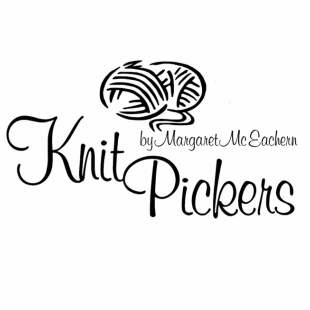
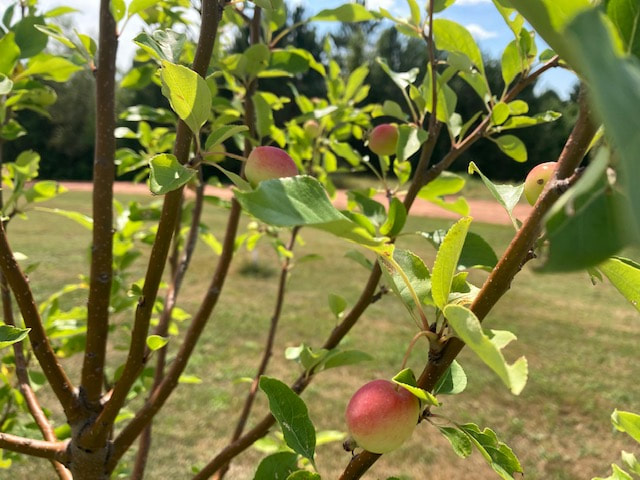
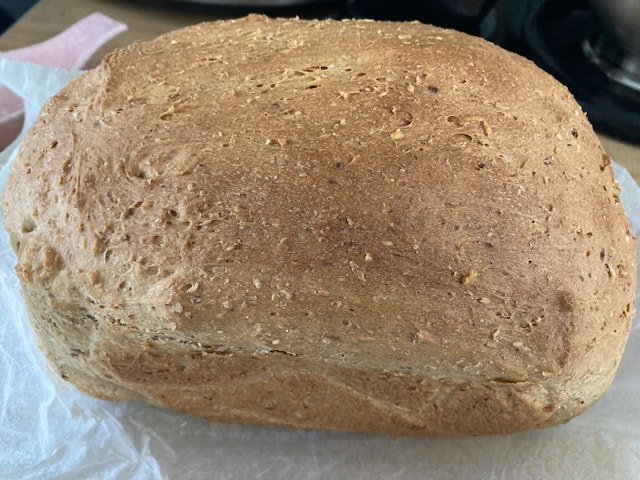
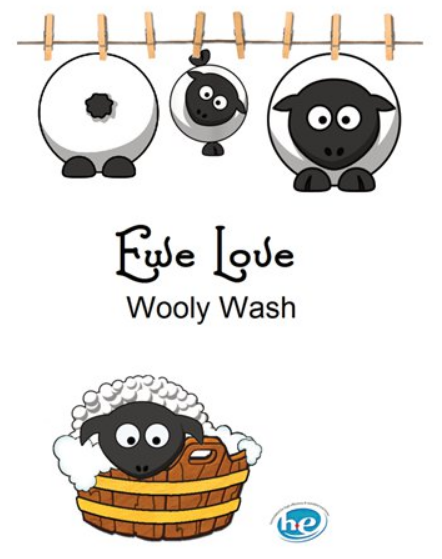
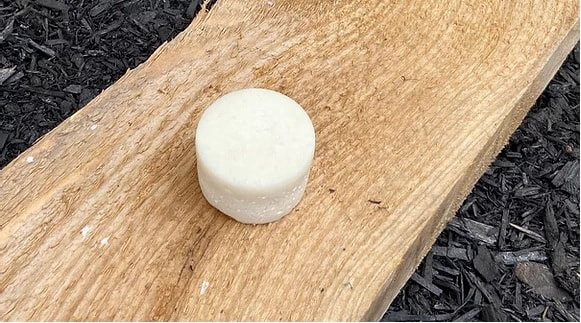
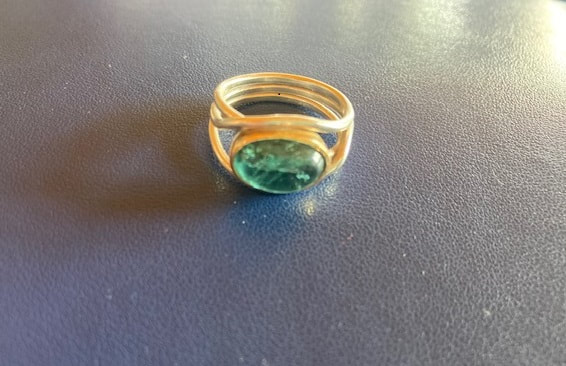
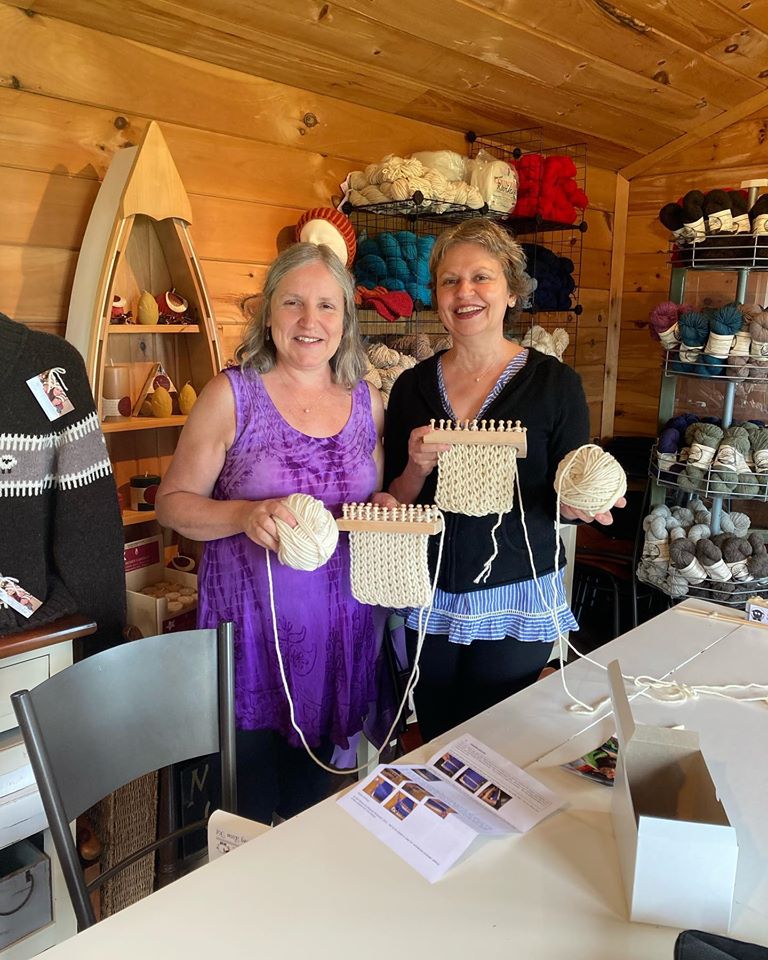
 RSS Feed
RSS Feed